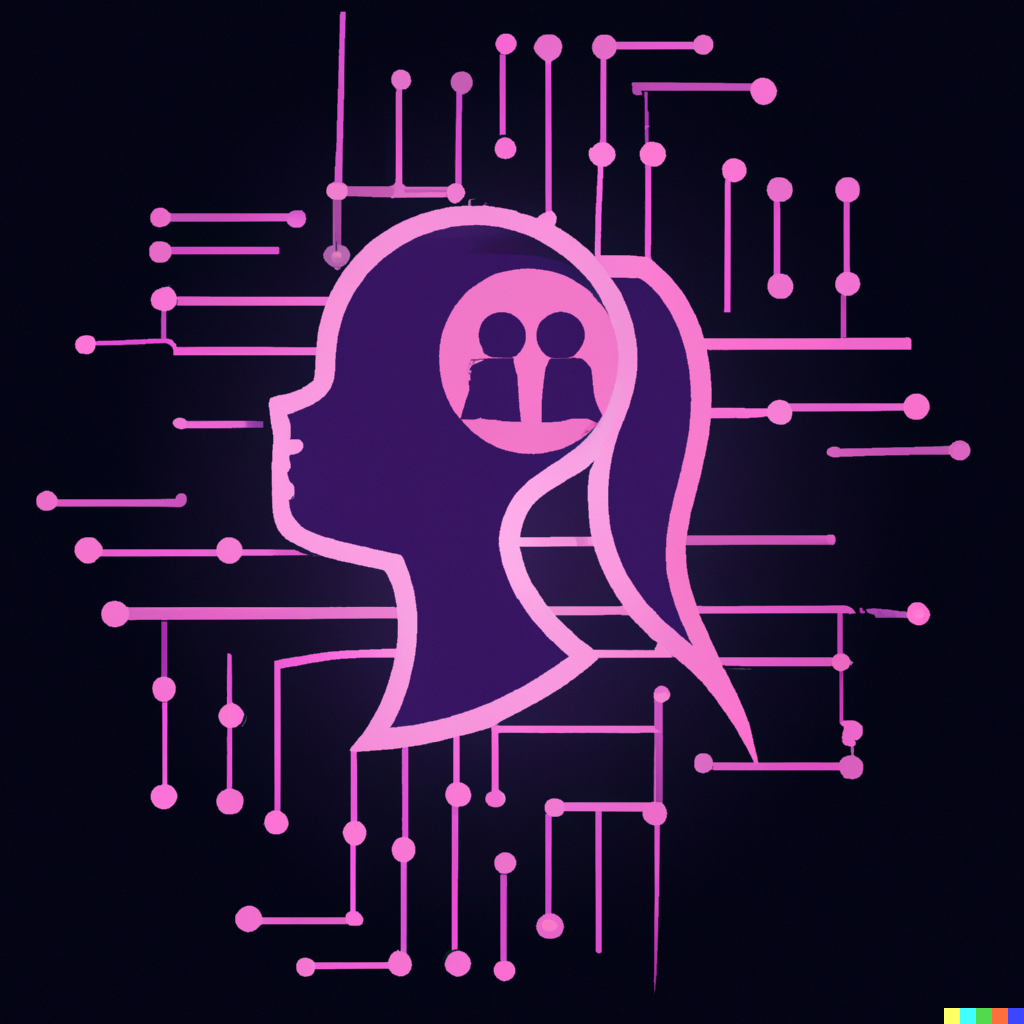
AI & Software Companies
By leveraging AI, software companies can streamline operations, boost efficiency, and unlock new revenue streams.
In today’s digital era, software companies are continuously seeking innovative ways to enhance productivity and maximize profits. One revolutionary technology that has gained significant traction in recent years is Artificial Intelligence (AI). By leveraging AI, software companies can streamline operations, boost efficiency, and unlock new revenue streams. I would like to explore with you the vast potential of AI and the various ways it can be employed to increase productivity and profits.
Copywriting
As a software company, we recognized that copywriting was a major challenge for us. Our team struggled with creating engaging and effective content at a sufficient speed. However, since incorporating AI models like ChatGPT into our workflow, we have experienced remarkable improvements in both speed and quality.
Utilizing AI-powered copywriting has been a game-changer for our company, allowing us to accomplish tasks that were previously time-consuming and demanding. One area where we have seen tremendous benefits is in crafting our website copy. AI has enabled us to generate compelling and persuasive content that resonates with our target audience, saving us valuable time and effort.
Moreover, AI has revolutionized our company blog. With the help of AI models like ChatGPT, we can generate informative and engaging articles more efficiently. It has opened up new opportunities for us to share our insights, expertise, and industry updates with our audience, establishing us as a thought leader in the field.
Additionally, AI-powered copywriting has proven invaluable for creating captivating gig postings on platforms like Fiverr and Upwork. We can now produce persuasive and compelling descriptions that attract clients and showcase our unique value proposition effectively.
Branding & Artwork As a software company, we discovered the immense potential of AI models such as DALL-E or Midjourney for logo and branding. When we embarked on the journey of designing our own logo for testing purposes, we initially encountered multiple challenges and had to navigate through several iterations of trial and error.
However, with persistence and patience, we delved deeper into the capabilities of AI-driven logo creation. It was through this process that we stumbled upon a graphic that truly caught our eye and resonated with a potential brand identity for a future research company.
We encourage others venturing into testing the waters with AI graphics to embrace patience and understand that finding the perfect logo might require several attempts. It’s a process of discovery and refinement, where each iteration provides valuable insights and brings you closer to a design that aligns with your vision.
AI models like DALL-E possess the ability to generate unique and visually appealing graphics that serve as the foundation for logos and other branding materials, such as social media banners. By leveraging the power of AI, you can explore a wide range of creative possibilities and achieve a distinctive visual representation for your company. Here is one example of a potential logo we created.
Enhancing Coding & Software Development
Using tools such as Github Copilot, AI can significantly enhance the software development lifecycle, leading to faster and more efficient product delivery. By leveraging machine learning algorithms, developers can optimize code quality, identify bugs, and expedite the testing and debugging process. For our company AnsonErvin Inc. Copilot increased our pace at creating tests drastically. This lead to far more test coverage on our repositories than before.
Automating Repetitive Tasks
AI-powered automation enables software companies to streamline repetitive tasks and free up valuable time for employees. By automating routine processes such as data entry, report generation, and system maintenance, software developers can focus on more complex and creative tasks, driving innovation and productivity. Additionally, AI-driven automation reduces the risk of human errors, leading to improved efficiency and cost savings.
Intelligent Customer Support
AI-powered chatbots and virtual assistants have transformed customer support for software companies. Prior to AI chatbots and virtual assistants we received many complaints about the current industry phone tree. We could perfectly understand our customer’s concerns. They were monotonous time wasters to in some instances, especially in cases of deep phone trees with many option prompts. AI chatbots reduce response times, enhance customer satisfaction, and enables support teams to focus on more complex issues. Moreover, AI can analyze customer support data to identify recurring problems and proactively resolve them, reducing support costs and improving overall efficiency.
Fraud Detection and Security
Software companies can utilize AI to detect and prevent fraudulent activities, such as unauthorized access, data breaches, or malicious attacks. By proactively safeguarding their systems and data, companies can mitigate financial losses, protect their reputation, and instill trust among customers.
Conclusion:
The potential uses of AI in software companies are vast and diverse, offering opportunities to enhance productivity and drive profitability. From automating repetitive tasks and optimizing software development to enabling personalized user experiences and enhancing security, AI can revolutionize the way software companies operate. Embracing AI technologies empowers software companies to stay competitive in a rapidly evolving landscape, adapt to customer demands, and unlock new revenue streams. By harnessing the power of AI, software companies can position themselves for long-term success in the digital age.